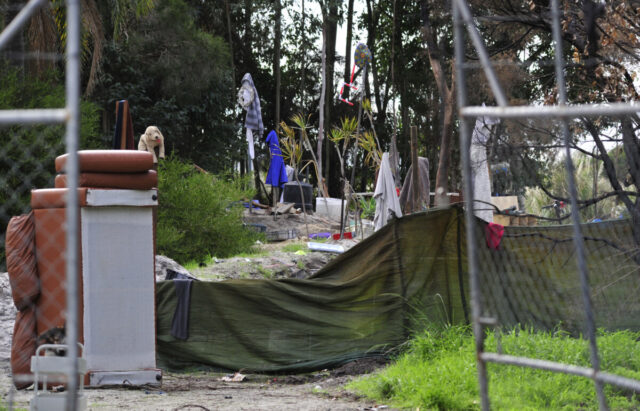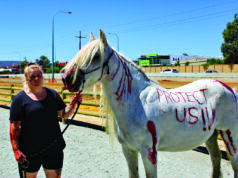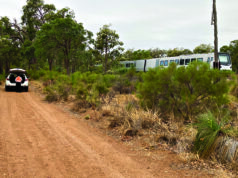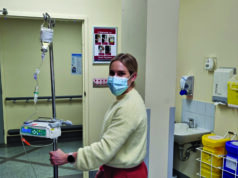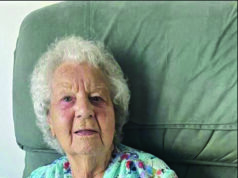A growing encampment along Barrett Street in Southern River has left local residents questioning who is responsible for managing the site, as concerns mount about homelessness in Perth’s suburbs.
The site, which sits on land owned by the Western Australian Planning Commission (WAPC), has been occupied by people living in tents and temporary shelters.
Locals have raised issues including rubbish buildup and loud music, but also uncertainty over who is responsible for managing the land.
The Department of Planning, Lands and Heritage confirmed to Examiner Newspapers that the WAPC owns the land and said it is aware of the situation. Discussions with relevant agencies are ongoing, but no immediate plans have been confirmed.
When some residents reported the site to the City of Gosnells, they were advised the land falls outside council jurisdiction.
That lack of clarity has left some in the community frustrated, and others calling for more support for those living there.
Local resident Jacqueline Cooper Jones said the growing number of people sleeping rough in Perth’s suburbs should alarm everyone.
“Every person in the community should be outraged that homelessness exists in our suburbs,” she said.
“This will get worse.”
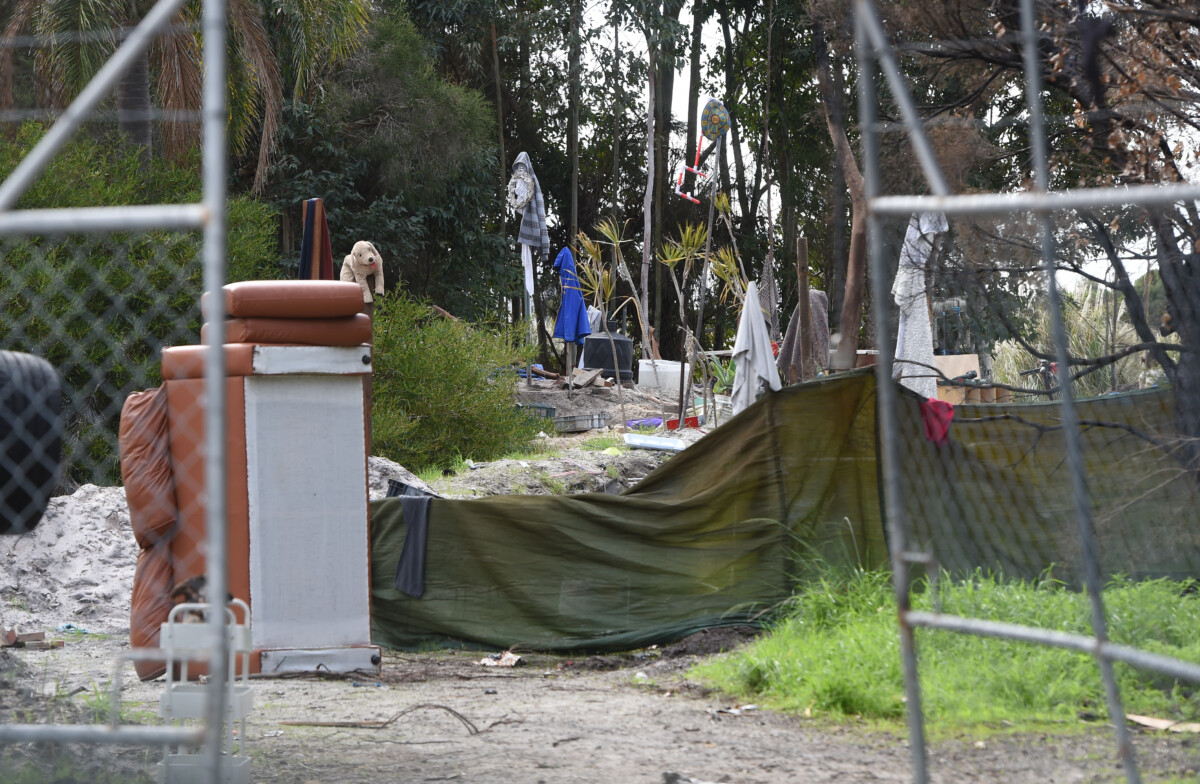
She believes the crisis is linked to soaring rents, limited public housing, and a lack of smaller, affordable options for people on low incomes, especially pensioners.
“There is no community housing for pensioners. That would be a start,” she said.
“Smaller, cheaper places for people who can’t keep up with the private market.”
Ms Cooper Jones said moving people off the Barrett Street site would not solve the issue.

Instead, she called for practical community solutions, such as opening up public halls or underused facilities to provide shelter.
“There’s a huge government facility sitting empty with rooms and beds,” she said.
“Prisoners are cared for better.”
She also challenged assumptions about those living at the site, noting that many people experiencing homelessness are simply caught in difficult circumstances.
“I’m sure they’re not all druggies or the likes, as many assume.”
Other residents also noted the complex nature of the situation.
Some acknowledged the inconvenience of the camp, but said it was clear that people were trying to make do in tough conditions.
The department has not said what long-term plans exist for the land.
In the meantime, the conversation among locals continues. And this is highlighting deeper questions about housing, community support, and how governments respond when crisis hits close to home.
Ms Cooper Jones said.
“Homelessness is certainly on the rise, and it’s not by choice for many,” she said.


